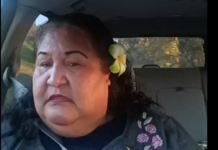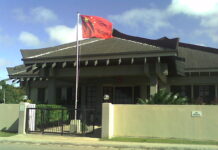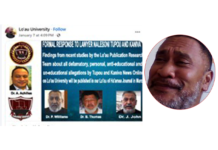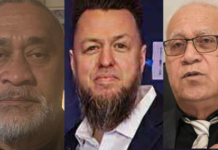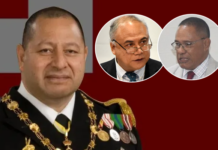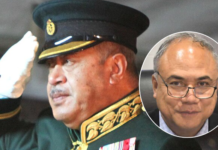Recent stories in Kaniva News on the role of the Tongan monarchy in the democratic reforms have underlined just how far – and just how little – the kingdom has come.
The stories have been based on research by former New Zealand High Commissioner to New Zealand Christine Bogle whose work examined the function of monarchies in Tonga, Bhutan, Nepal and Thailand.
While her academic focus has been on the royals, there can be no denying the changes were also the work of commoners, politicians and the media working in an unspoken partnership.
Unfortunately, that partnership has faltered.
If democracy is to prosper and progress in Tonga that partnership must be reignited and the onus for doing that lies with the monarchy.
READ MORE:
- Tonga’s constitution costly, poorly written and undemocratic, report says
- Political problems could have been avoided if Electoral Commission’s recommendations had been followed, says former Attorney General
- Review and judgement of laws passed by Parliament not in king’s power, says lawyer
- King disappointed commoner not chosen as PM after 2010 election, says new research
King George V’s support for the 2010 political reforms reflected a forward looking vision that showed a sincere and genuine desire for the government to be led by the people
Unfortunately, the present monarch does not seem to have the same commitment.
The late King George V’s political reforms were transitional, meaning more reforms and improvements were expected later.
Those reforms can only come with the support of King Tupou VI, who still holds most of the political powers in Tonga.
However, Tupou VI’s actions have not encouraged the belief that he favours democracy.
He has shown no great love for the democratic governments of ‘Akilisi Pohiva and his political stance. Pōhiva was a fierce political rival of his father, the late King Tupou IV.
King Tupou VI’s dissolution of Parliament in 2017 at the behest of Lord Tu’ivakanō, underlined his apparent dislike of democracy.
After the dissolution and the democrats’ subsequent re-election, the king refused to meet with the PM, despite the fact that the constitution stipulates that he and the Prime Minister must meet on regular basis to discuss government matters.
His reluctance to support the six new bills submitted by the government, which would bring more necessary democratic power to the executive, appears to have been influenced by the only people he meets regularly, the nobles and the law lords.
There are still more reforms to be made and still more work to be done on the constitution.
The Pursglove report and comments by Dr Rodney Harrison about the constitution and some illegalities regarding the king’s and his council’s powers are crystal clear.
King Tupou VI, who ordered the Ombudsman and the Attorney General to investigate the Pōhiva government after receiving a series of petitions, should come forward and say something about these important issues.
It is time for the king to work with the government as a partner in the continuing process of democratic reforms.
That way he would honour his late brother’s plans and reflect the wishes of his people.

